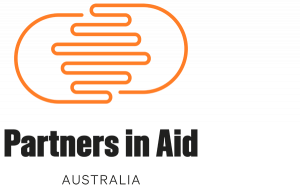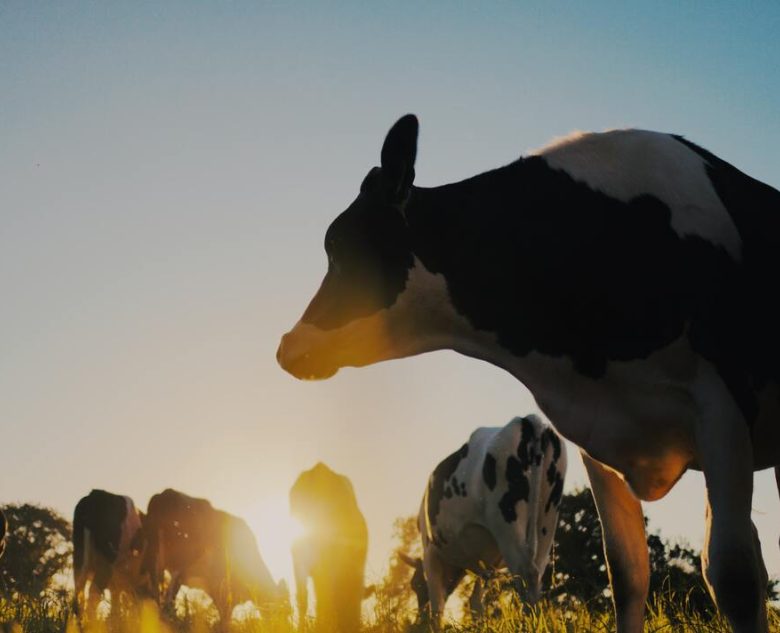Y Gro – Sri Lanka
In July 2021, with the support of Partners in Aid, Y Gro began a one-year dairy intervention project in Jaffna, Sri Lanka. The primary project goal was to help war widows and female-headed households in the north and east of Sri Lanka to achieve a sustainable income through sustainable dairy farm initiatives. This was a goal that was seen to be one that would contribute to Y Gro’s broader goal of making Sri Lanka self-sufficient in milk production, as well as contributing to the long-term goal of ending the cycle of poverty in Sri Lanka.
Before PIA started to support this project, 14 women dairy farmers in Koppay in Jaffa had been provided with the technical knowledge of dairy farming, crossbreed cows, sheds, subsidiaries and other necessities. This allowed them to sell the milk to a recognised milk processing company which pays a fair price and banks the sales into their bank accounts. As part of the PIA-funded Y Gro extension of this project, the women have been provided with more supervision, sheds suitable for crossbreed cows and ongoing work on CO-3 grass and nutrition. Towards beginning of 2022, these 14 farmers moved into the exit plan. In this phase, they were more connected with the relevant government services and their capacities were increased to function independently. A new feature of the program was to train and certify the best of them to be trainers who could be themselves utilised as trainers of other farmers. This would mean that they will be able to earn an income through their knowledge as well as to empower other women.
In addition, this PIA-supported project sought to empower 11 women farmers in Neerveli Village to strengthen their dairy farms. The 11 dairy farmers were selected from Neerveli village in Jaffna based on their poverty level. The farmers are currently in the entry stage and Y Gro is assisting them in establishing the dairy farms.
In order to strengthen the enterprise and sustain them with further support, it is necessary to provide them with cows, sheds, subsidies and cow nutrition, as well as the necessary veterinary treatment for the cows. The farmers will also be strengthened so that they will be connected to reputed buyers for a stable and fair income. It is planned that the 11 new farmers will be empowered throughout 2021 whilst fully establishing themselves and will move into the exit plan in 2022 so that they will be more independent as well as connected to the government veterinary services.

